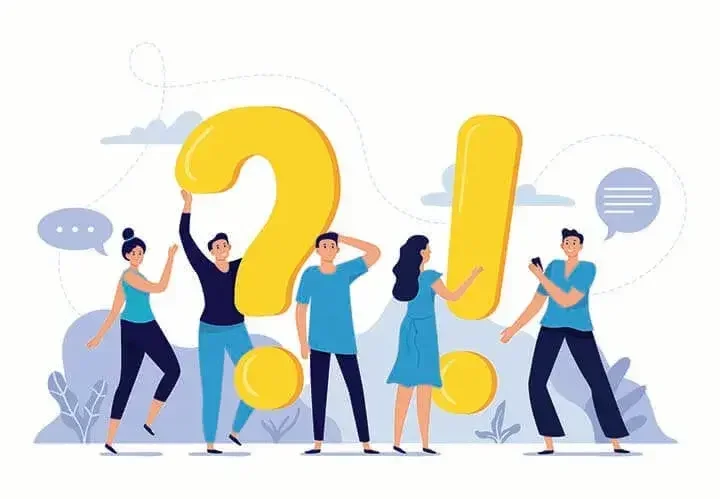As a millennial, estate planning is probably the last thing on your mind. Wills are for older people, you might think. But you should know that every adult should do estate planning.

Your estate plan checklist should include a will or a trust, as well as a healthcare directive, a durable power of attorney, and a plan for your digital assets.
Find out why estate planning should be a prominent item on your to-do list.
Why you need a will or a trust
If you're wondering whether you actually need a will, you're not alone. Patrick Simakso at Simasko Law in Mount Clemens, MI, says, "Millennials are encumbered by student loans, credit card debt and are often in entry-level jobs or just starting their careers, so they think an estate plan is unnecessary."
"There is a huge misconception that estate planning requires an estate or great wealth.
That's simply not true, explains Nicole Shaefer at Crescendo Legal in Oregon. "Anyone with any assets whatsoever (even a bank account) or pets should have estate planning done." A will or trust doesn't have to be complicated (in fact, it likely won't be at all).
Wills and trusts let you decide what will happen to your stuff when you're gone, and it also spares your loved ones the burden of trying to figure it out themselves. Do them a favor and figure it out for them now.
Guardianship for your children
If you have minor kids, you want to have a say in who will raise them if something happens to you and the other parent. When you create your will, you can specify who you want as a guardian. "If you do not name a guardian, the court will do so, and it may not be the same person you would have wanted to serve in that capacity," warns Steven J.J. Weisman of Margolis & Bloom, LLP and lecturer at Bentley University in Massachusetts.
It's a good idea to think carefully about a guardian. Pick someone who has a bond with your kids, understands your style of parenting, and is healthy enough to be up to the task. Be sure to talk with the person you have in mind before you put them in your will as the guardian. If they don't want the responsibility, you need to know this upfront.
How to protect digital assets
In addition to all the regular stuff you own, you also have digital assets that you might not think of as things to decide about. Weisman says, "Planning for digital assets is critical today to both enable the preservation of important matters and access to important accounts and assets. If digital assets are not included in estate planning, access to the assets is, at a minimum, made more complicated and, in some instances, renders the assets inaccessible." This type of asset includes:
- Photos
- Movies
- Books
- Songs
- Online funds (like PayPal, Venmo, or Amazon credits)
- Frequent flyer miles
- Email accounts
- Social media accounts
- Domain names
- Accounts like Hulu or Spotify
In your will or trust, you can state specifically who gets these, or you can include them in a general bequest in which you leave everything to your parents, for example. Weisman says, "I prefer to specifically indicate to whom digital assets are given."
Millennials and healthcare power of attorney
When you're young, it's hard to imagine you will ever be seriously ill and unable to make your own medical decisions. However, accidents can happen, and even young people can suddenly become very ill from infections or disease. It's a good idea to think about who you would want to make healthcare decisions for you if you are unable to.
A healthcare power of attorney, advance directive, or healthcare proxy (each state uses different terms for this) allows you to choose someone who can make decisions for you if you are unable to do so on your own.
Patrick Simakso, at Simasko Law says, "Millennials do not realize the importance of these documents [which] can protect a millennial's unique end-of-life wishes and can appoint a life partner, sibling or close friend to act on their behalf in regard to medical and financial decisions if they suddenly became unable." Setting up this document and keeping one copy, giving one to your physician, and another to the person you select provides you with protection.
Millennials and durable power of attorney
If you become ill or incapacitated, who is going to pay your rent, deal with your health insurance company, pay your student loans, and deposit your checks? It's important to choose someone you trust who would be willing to step in and handle these things for you.
A durable power of attorney is a document you sign now that can remain in effect until you withdraw it. It gives your attorney-in-fact (the person you name) the power to handle your financial affairs for you. Weisman warns that without this, "the probate court will need to appoint someone to perform those tasks, which would be expensive, time-consuming and not necessarily appointing the person desired by the incapacitated person."
Creating a comprehensive estate plan is major adulting and will give you peace of mind that if something should happen to you, your loved ones will have a plan to follow.

